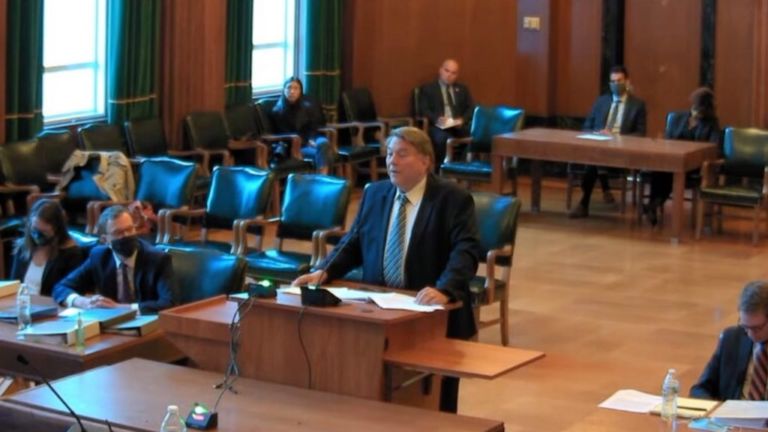Media reports tell us President Obama previewed his re-election campaign with a speech at Osawatomie, Kans., today. In 1910, former President Theodore Roosevelt launched his bid for a second full term as president at the same location. And our current chief executive had pretensions of channeling the “New Nationalism” and “Square Deal” of TR.
Aside from the bizarre disconnection from reality in the remarks — you’d have little idea that Obama has been the president for the past three years — the address suggests we’ll hear at least three unappealing and divisive themes hammered repeatedly over the next year:
1) Institutionalized envy:
Today, the wealthiest Americans are paying the lowest taxes in over half a century. This isn’t like in the early 50s, when the top tax rate was over 90%, or even the early 80s, when it was about 70%. Under President Clinton, the top rate was only about 39%. Today, thanks to loopholes and shelters, a quarter of all millionaires now pay lower tax rates than millions of middle-class households. Some billionaires have a tax rate as low as 1%. One percent.
This is the height of unfairness. It is wrong that in the United States of America, a teacher or a nurse or a construction worker who earns $50,000 should pay a higher tax rate than somebody pulling in $50 million. It is wrong for Warren Buffett’s secretary to pay a higher tax rate than Warren Buffett. And he agrees with me. So do most Americans – Democrats, Independents, and Republicans. And I know that many of our wealthiest citizens would agree to contribute a little more if it meant reducing the deficit and strengthening the economy that made their success possible.
2) Protectionism in the guise of patriotism:
[Rebuilding the economy] will require American business leaders to understand that their obligations don’t just end with their shareholders.
[SNIP]
This broader obligation can take different forms. At a time when the cost of hiring workers in China is rising rapidly, it should mean more CEOs deciding that it’s time to bring jobs back to the United States – not just because it’s good for business, but because it’s good for the country that made their business and their personal success possible.
I think about the Big Three Auto companies who, during recent negotiations, agreed to create more jobs and cars in America; who decided to give bonuses, not just to their executives, but to all their employees – so that everyone was invested in the company’s success.
3) Luddism:
Over the last few decades, huge advances in technology have allowed businesses to do more with less, and made it easier for them to set up shop and hire workers anywhere in the world. And many of you know firsthand the painful disruptions this has caused for a lot of Americans.Factories where people thought they would retire suddenly picked up and went overseas, where the workers were cheaper. Steel mills that needed 1,000 employees are now able to do the same work with 100, so that layoffs were too often permanent, not just a temporary part of the business cycle. These changes didn’t just affect blue-collar workers. If you were a bank teller or a phone operator or a travel agent, you saw many in your profession replaced by ATMs or the internet. Today, even higher-skilled jobs like accountants and middle management can be outsourced to countries like China and India. And if you’re someone whose job can be done cheaper by a computer or someone in another country, you don’t have a lot of leverage with your employer when it comes to asking for better wages and benefits – especially since fewer Americans today are part of a union.
There’s plenty of fertile ground for an articulate and passionate defender of economic dynamism and limited government to till. We’ll see if anyone is up to the task.


